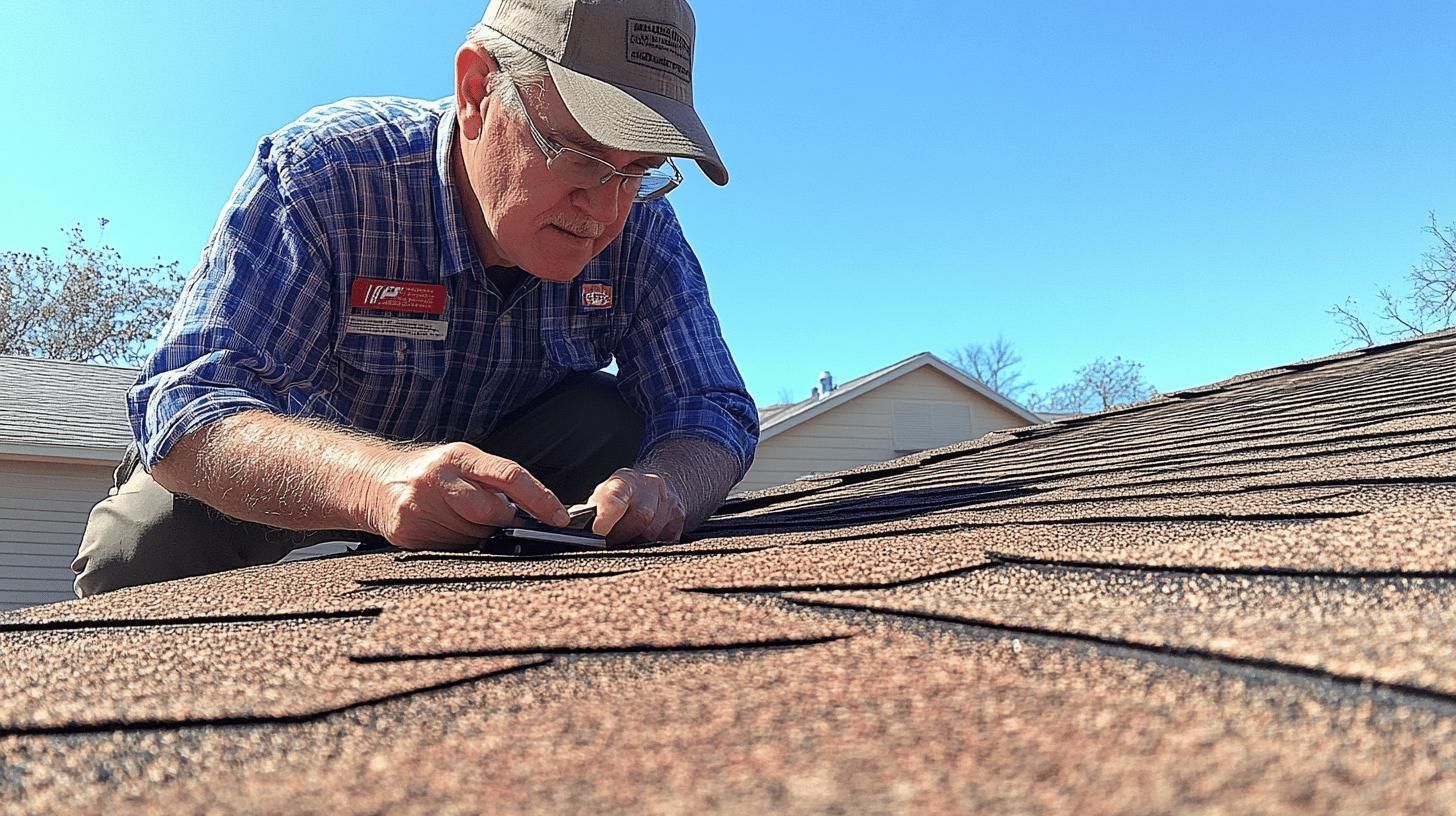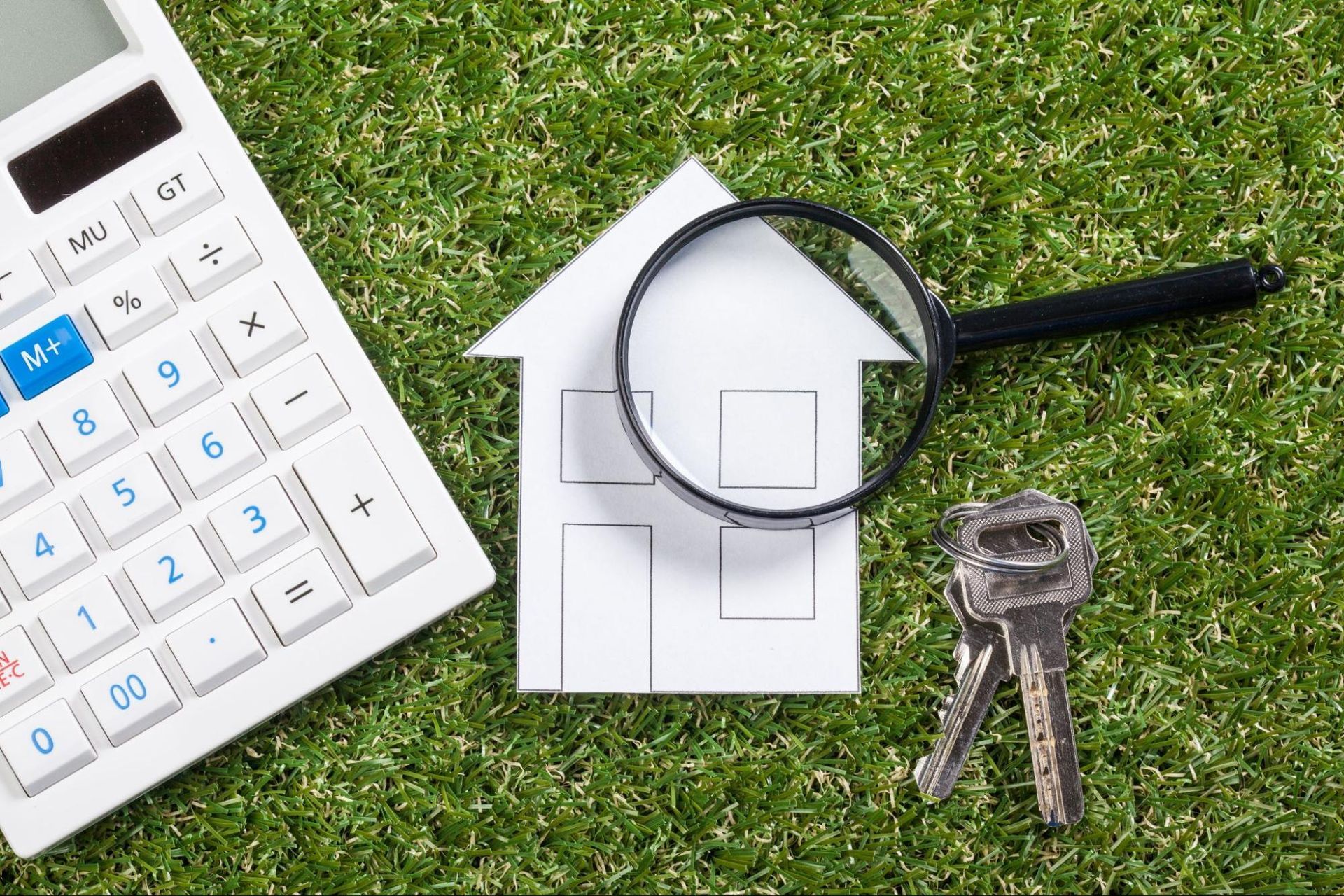What to Do if Home Inspection Affects Appraisal
- Home inspections before appraisals assess property condition and uncover issues.
- Major defects (e.g., roof leaks, foundation cracks) can lower appraisal values.
- Key inspection issues: structural damage, pest infestations, plumbing, HVAC failures, outdated systems.
- Prioritize repairs: major defects first, then moderately costly issues, followed by minor problems.
- Sellers may opt for repairs or financial credits to negotiate post-inspection.
- Seller concessions can cover some costs or reduce sale price.
- Realtors facilitate negotiations and ensure clear communication between buyers and sellers.
- Lenders may require repairs or additional inspections to meet mortgage approval standards.
Imagine you're in the midst of selling your home, and the inspection report reveals issues that threaten to alter its appraised value. Suddenly, this critical step in the selling process becomes an unexpected obstacle. How do you respond without jeopardizing your return?
Understanding how inspection problems can affect appraisals is crucial. Knowing what steps to take after issues arise ensures the protection of both your property and investment. Dive into strategies that clarify the potentially complex connection between inspection findings and the appraisal value of your home.
Understanding the Impact of Home Inspection Issues on Appraisal
When buying or selling a home, the sequence of a home inspection followed by an appraisal is key. The inspection evaluates the property's condition and finds issues needing attention. These findings play a pivotal role in the appraisal process, which assesses the property's market value. If significant problems are discovered, an appraiser might lower the home's value, subtracting repair costs from its worth. This link underlines the need to fix known issues promptly to prevent devaluation.
Common inspection issues vary from structural problems to minor cosmetic defects. However, major problems like roof leaks, foundation cracks, or outdated electrical systems can heavily impact appraisal values. These defects signal necessary repairs and safety concerns to be accounted for in the property's valuation. For instance, the cost to fix a leaky roof or update wiring might be deducted from the home's value. This could influence a buyer's decision and a seller's ability to meet their desired sale price.
Fixing identified issues before the appraisal is vital for maintaining or increasing the property's value. Sellers can enhance their property's condition for the appraisers by fixing major defects early, potentially leading to a higher appraisal. This proactive approach helps secure a better sales outcome and reassures buyers about the property's condition. Investing in repairs can lead to smoother transactions and maximize sellers' returns.
Navigating Common Home Inspection Findings

Home inspectors assess the property's overall condition, evaluating structural integrity, electrical systems, plumbing, and more. Their goal is to spot visible defects or safety concerns affecting the property's value and livability. Through a detailed inspection report, inspectors offer essential insights for buyers and sellers to make informed decisions.
Some common issues often emerge during inspections. Some of them are:
- Structural damage
- Pest infestations
- Roof leaks
- Outdated electrical systems
- Plumbing issues
- Foundation cracks
- HVAC system failures
The impact of inspection findings on a home’s livability is significant. Unchecked structural damage or pest infestations can make a house uncomfortable or even uninhabitable. Not all defects carry the same weight; distinguishing minor cosmetic issues from major defects needing urgent repair is crucial. Prioritizing major repairs is necessary for retaining the property's livability and value.
Strategies for Addressing Home Inspection Issues
After a home inspection reveals issues, what's next?
- Identify Major Defects: Focus on significant structural or safety concerns.
- Assess Moderately Costly Issues: Evaluate the impact and costs of outdated systems.
- Consider Minor Problems: Decide if minor issues can be addressed post-purchase.
- Consult with Experts: Obtain estimates from contractors for repairs.
- Prioritize Repairs: Identify critical issues to negotiate with the seller.
Creating a strategy to address critical inspection issues involves understanding essential repairs for maintaining property value and safety. Use the inspection report to identify issues impacting appraisal. This planning aids negotiations and ensures you're addressing concerns affecting financing or closing. Focus on critical repairs first and negotiate with the seller, seeking completed repairs or price reductions for anticipated costs.
Negotiating Repairs and Adjustments Post-Inspection

Negotiating repairs after a home inspection requires a polite approach, as it can impact the final sale price. Discuss issues with gratitude and understanding since sellers may not have known about them before. A respectful approach encourages collaboration and agreement. Remember, though sellers aren't obligated to fix all issues, many do to retain buyer interest, especially in competitive markets.
Deciding Between Repairs or Financial Credit
When facing inspection issues, buyers must choose whether they want seller repairs or financial credit. Opting for repairs ensures the home is move-in ready, with major issues fixed by professionals before closing. This reduces the burden on buyers to manage repairs post-purchase and meets their expectations from the start.
Choosing financial credit instead can lower closing costs, letting buyers allocate funds for repairs conveniently. This option offers flexibility, allowing buyers to choose their contractors and potentially upgrade beyond the seller's repair plans. However, buyers must manage repairs themselves, which can be time-consuming and require careful budgeting.
Seller Concessions and Their Role
Seller concessions can be strategic in repair negotiations, offering an alternative to resolving inspection issues. Concessions involve sellers covering some repair costs or reducing the sale price for deficiencies. This approach benefits when sellers can't or won't complete repairs before closing. Offering concessions shows sellers' commitment to the transaction, reassuring buyers and smoothing the sales process.
Seller concessions provide immediate financial relief, as the reduced price or covered costs offset necessary repairs. This makes the deal more appealing to buyers balancing multiple financial considerations during home buying.
Conclusion
Addressing inspection issues before an appraisal can help maintain property value and ease the selling process. Inspectors focus on structural and safety aspects, identifying defects that may affect value. With a proper analysis of the inspection report, sellers can prioritize repairs for major issues, predicting their possible impact on appraisal values. With these proactive steps, the effects of home inspection issues on appraisal can be managed, ensuring a positive outcome.
FAQ
When to walk away after home inspection?
Walking away from a home purchase is advisable when inspections reveal serious structural issues, extensive repair costs, or safety hazards that affect the property's value or livability beyond the buyer's acceptable threshold.
What fixes are mandatory after a home inspection?
Mandatory repairs depend on negotiated agreements between the buyer and seller. Commonly, serious defects impacting safety or legality, like electrical hazards or structural damage, may require resolution before proceeding.
How long after home inspection is appraisal?
The appraisal generally occurs within one to two weeks post-inspection. Timelines may vary based on lender processes and the scheduling availability of licensed appraisers in the area.
Who is liable if defects are found after a home inspection?
Liability for post-inspection defects often depends on the sale contract terms. Buyers, sellers, or home inspection companies may bear responsibility based on previously agreed-upon arrangements or inspection report accuracy.
What are sellers rights during home inspection?
Sellers have the right to approve the inspection schedule, attend the inspection, and obtain copies of the inspection report for review and negotiation purposes regarding potential repairs or concessions.











